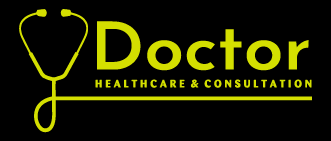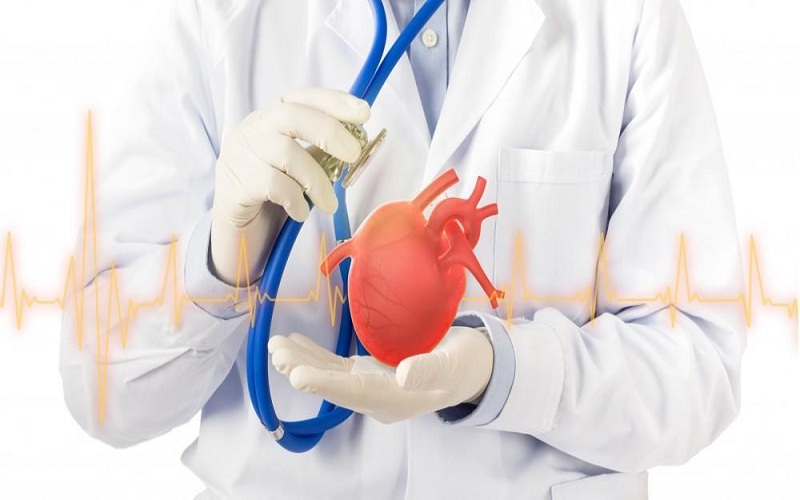I have a tale for you. Picture this – you live on a vast, beautiful plantation. The sun is setting and you’re sitting on your porch, sipping iced tea. Suddenly, you feel a strange pressure in your chest. It’s not intense, just odd. You think back to the plantation personal healthcare assistants and their constant reminder about heart health. You’ve heard them talk about recognizing the signs – the subtle whispers your heart sends when it’s in trouble. You’ve always thought it won’t happen to you. But here you are, wondering if it’s a sign you should visit your cardiologist.
Unusual Chest Pain
Not all chest pains scream heart attack. Sometimes, it’s a dull ache. Sometimes, it’s a burning sensation. It’s like the story of the boy who cried wolf – we tend to ignore these symptoms until we can’t.
Shortness of Breath
Remember the story of the hare and the tortoise? Here’s a twist – you’re the hare, but suddenly can’t seem to catch your breath. You’re not running a race, just walking up the stairs. Shortness of breath could be your heart’s way of waving a red flag.
Nausea, Indigestion or Heartburn
Like in Greek mythology, not all messages from the gods were clear. Sometimes, it’s not a bolt of lightning but a vague, nagging pain, like indigestion or heartburn. Your heart might be sending you signals disguised as something else.
Unexpected Fatigue
Imagine this – you’re Hercules, but without the energy. You’re constantly tired, even after a good night’s sleep. Persistent, unexplained fatigue could be a sign that your heart is asking for help.
Swelling in Legs, Feet and Ankles
Think of the tale of Alice in Wonderland – unexpected changes in size aren’t always magical. Swelling in your legs, feet, and ankles could be your heart telling you it’s struggling to pump blood properly.
And there you have it – your heart’s subtle whispers. It’s not about instilling fear, but about empowering you with knowledge. Like the plantation personal healthcare assistants, we need to listen to our bodies and act when it calls for help. So, if you’re experiencing these signs, it might be time to visit your cardiologist.



